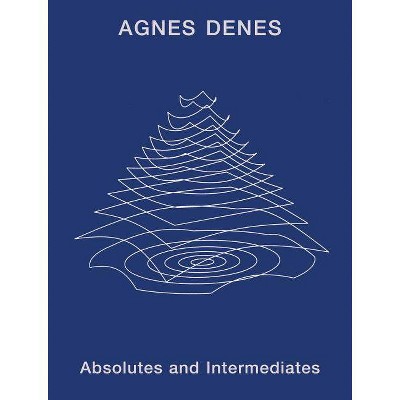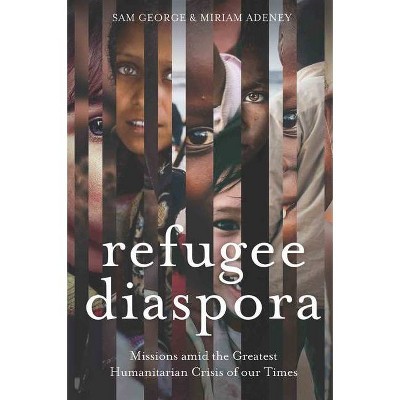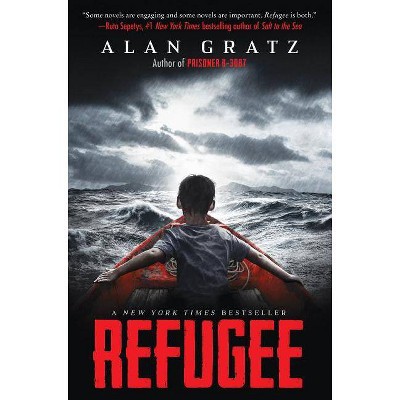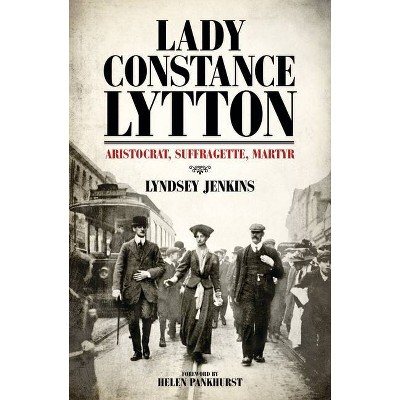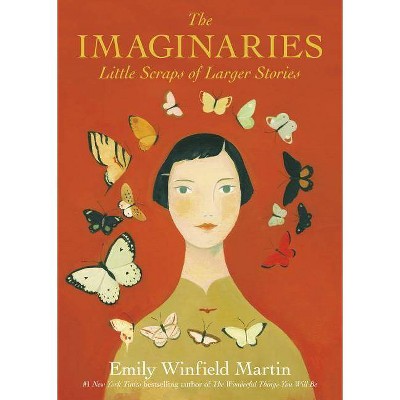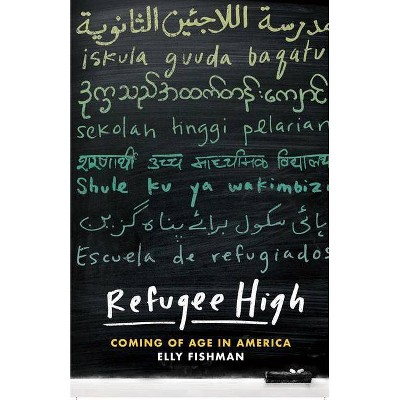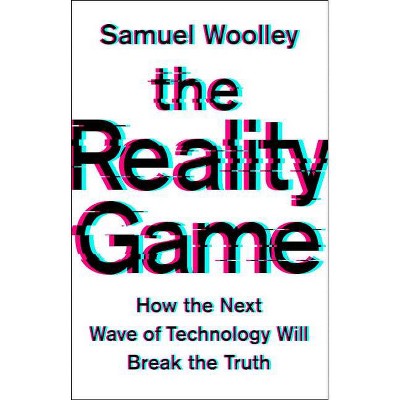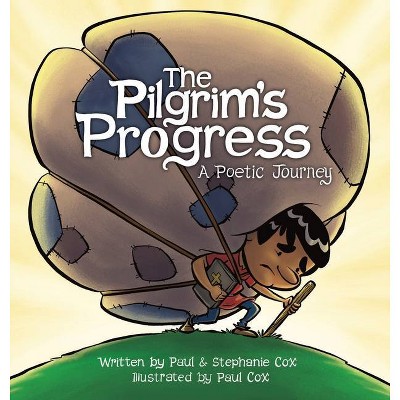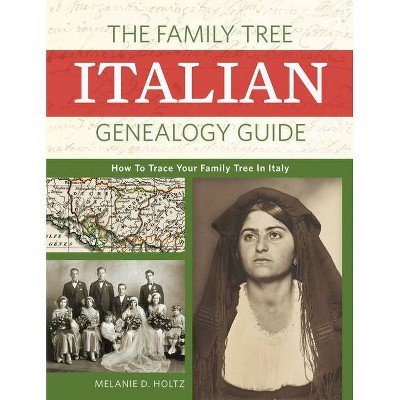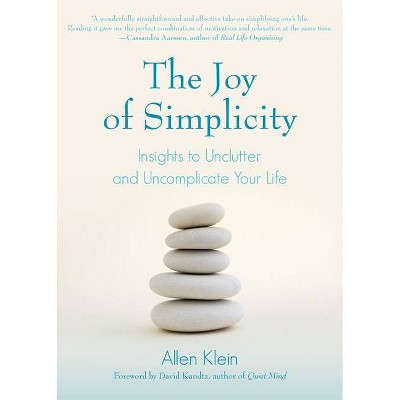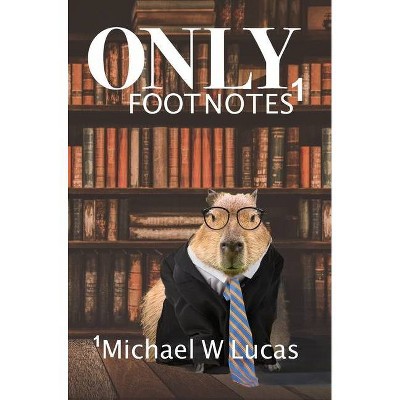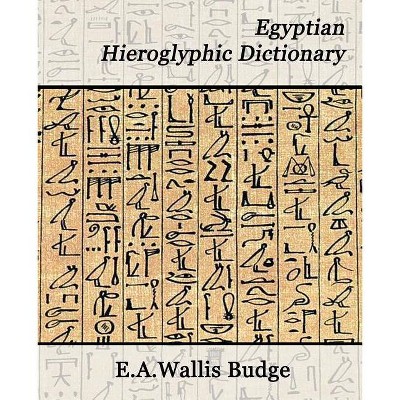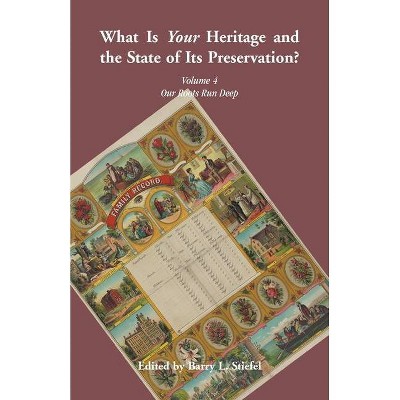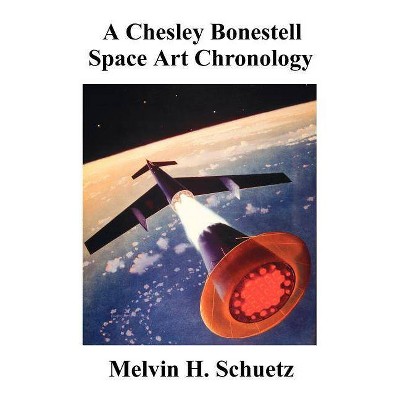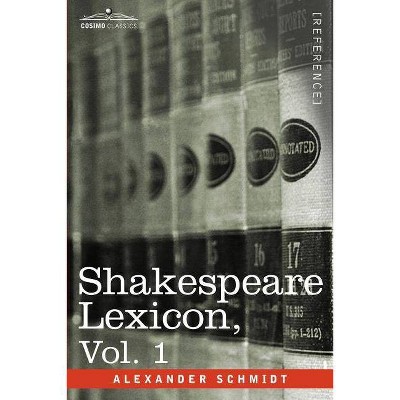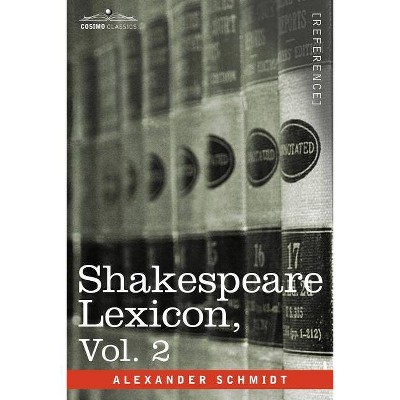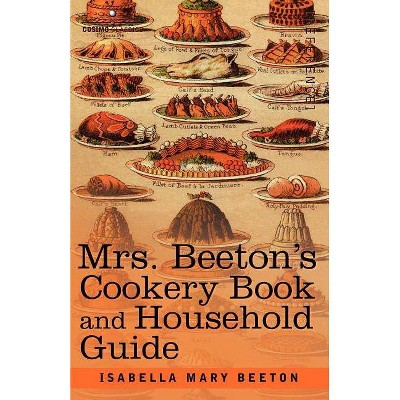Refugee Imaginaries - by Emma Cox & Sam Durrant & David Farrier & Lyndsey Stonebridge & Agnes Woolley (Hardcover)
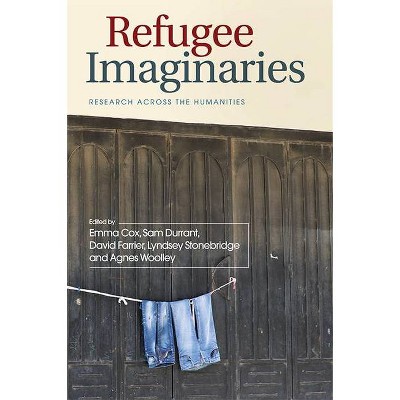
Similar Products
Products of same category from the store
AllProduct info
<p/><br></br><p><b> About the Book </b></p></br></br><p>Including thirty-two newly written chapters on representations by and of refugees from leading researchers in the field, <em>Refugee Imaginaries</em> establishes the case for placing the study of the refugee at the centre of contemporary critical enquiry.</p><p/><br></br><p><b> Book Synopsis </b></p></br></br><p><strong>Charts new directions for interdisciplinary research on refugee writing and representation</strong></p> <ul> <li>Places refugee imaginaries at the centre of interdisciplinary exchange, demonstrating the vital new perspectives on refugee experience available in humanities research</li> <li> <p>Brings together leading research in literary, performance, art and film studies, digital and new media, postcolonialism and critical race theory, transnational and comparative cultural studies, history, anthropology, philosophy, human geography and cultural politics</p></li></ul> <p>The refugee has emerged as one of the key figures of the twenty-first-century. This book explores how refugees imagine the world and how the world imagines them. It demonstrates the ways in which refugees have been written into being by international law, governmental and non-governmental bodies and the media, and foregrounds the role of the arts and humanities in imagining, historicising and protesting the experiences of forced migration and statelessness. </p> <p>Including thirty-two newly written chapters on representations by and of refugees from leading researchers in the field, <em>Refugee Imaginaries</em> establishes the case for placing the study of the refugee at the centre of contemporary critical enquiry.</p><p/><br></br><p><b> From the Back Cover </b></p></br></br>Charts new directions for interdisciplinary research on refugee writing and representation The refugee has emerged as one of the key figures of the twenty-first-century. This book explores how refugees imagine the world and how the world imagines them. It demonstrates the ways in which refugees have been written into being by international law, governmental and non-governmental bodies and the media, and foregrounds the role of the arts and humanities in imagining, historicising and protesting the experiences of forced migration and statelessness. Including thirty-two newly written chapters on representations by and of refugees from leading researchers in the field, Refugee Imaginaries establishes the case for placing the study of the refugee at the centre of contemporary critical enquiry. Emma Cox is Reader in Drama and Theatre at Royal Holloway, University of London. Sam Durrant is Associate Professor at the University of Leeds. David Farrier is Senior Lecturer at the University of Edinburgh. Lyndsey Stonebridge is Professor of Humanities and Human Rights at the University of Birmingham. Agnes Woolley is Lecturer in Transnational Literature and Migration Cultures at Birkbeck, University of London.<p/><br></br><p><b> About the Author </b></p></br></br><p>Emma Cox is Reader in Drama and Theatre at Royal Holloway, University of London. She is the author of Performing Noncitizenship: Asylum Seekers in Australian Theatre, Film and Activism (Anthem, 2015), Theatre & Migration (Palgrave, 2014), and the edited play collection Staging Asylum (Currency, 2013). <p>Sam Durrant is Associate Professor of Postcolonial Literature at the University of Leeds. He is the author of Postcolonial Narrative and the Work of Mourning (State University of New York Press, 2004) and co-editor of Essays in Migratory Aesthetics (Rodopi, 2007) and The Future of Trauma Theory: Contemporary Literary and Cultural Criticism (Routledge, 2014). He is currently working on a monograph on animist ecologies in contemporary African literature. <p>David Farrier is Senior Lecturer in Modern and Contemporary Literature at the University of Edinburgh. He is the author of Anthropocene Poetics (University of Minnesota Press, 2019) and Postcolonial Asylum, (Liverpool University Press, 2011). <p>Professor Lyndsey Stonebridge is Professor of Humanities and Human Rights at the University of Birmingham. Her recent books are Placeless People: Writing, Rights and Refugees (2018) and The Judicial Imagination: Writing after Nuremberg (2011), winner of the British Academy Rose Mary Crawshay Prize. Other titles include: The Destructive Element (1998), Reading Melanie Klein (1998) and The Writing of Anxiety (2007). She is currently working on a collaborative project, Refugee Hosts, and finishing a short book, Rights and Writing: Literature in the Age of Human Rights. She is co-editor of Oxford University Press's Mid-Century Series, and has held visiting positions at Cornell University and the University of Sydney. She is a regular media commentator, and tweets about literature, history, and human rights @lyndseystonebri <p>Agnes Woolley is Lecturer in Transnational Literature and Migration Cultures at Birkbeck, University of London. Her research interests are in contemporary and postcolonial literature, theatre and film, with a focus on concepts of migration and diaspora. She is the author of Contemporary Asylum Narratives: Representing Refugees in the Twenty-First Century (Palgrave Macmillan, 2014) and has published extensively on asylum, refugee arts, climate change and contemporary literature. She is a regular contributor to openDemocracy, reporting on migration issues.<p>
Price History
Price Archive shows prices from various stores, lets you see history and find the cheapest. There is no actual sale on the website. For all support, inquiry and suggestion messagescommunication@pricearchive.us
